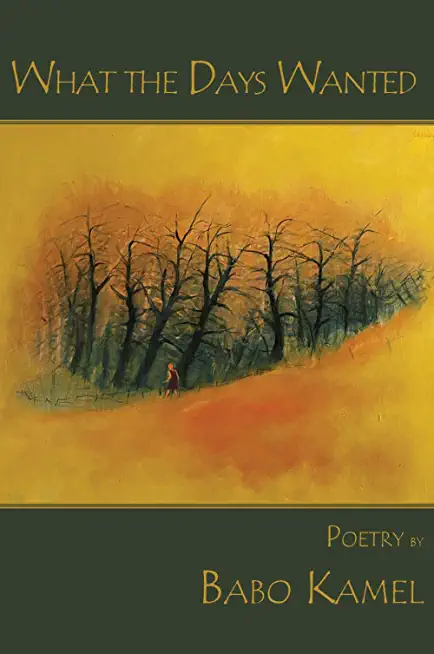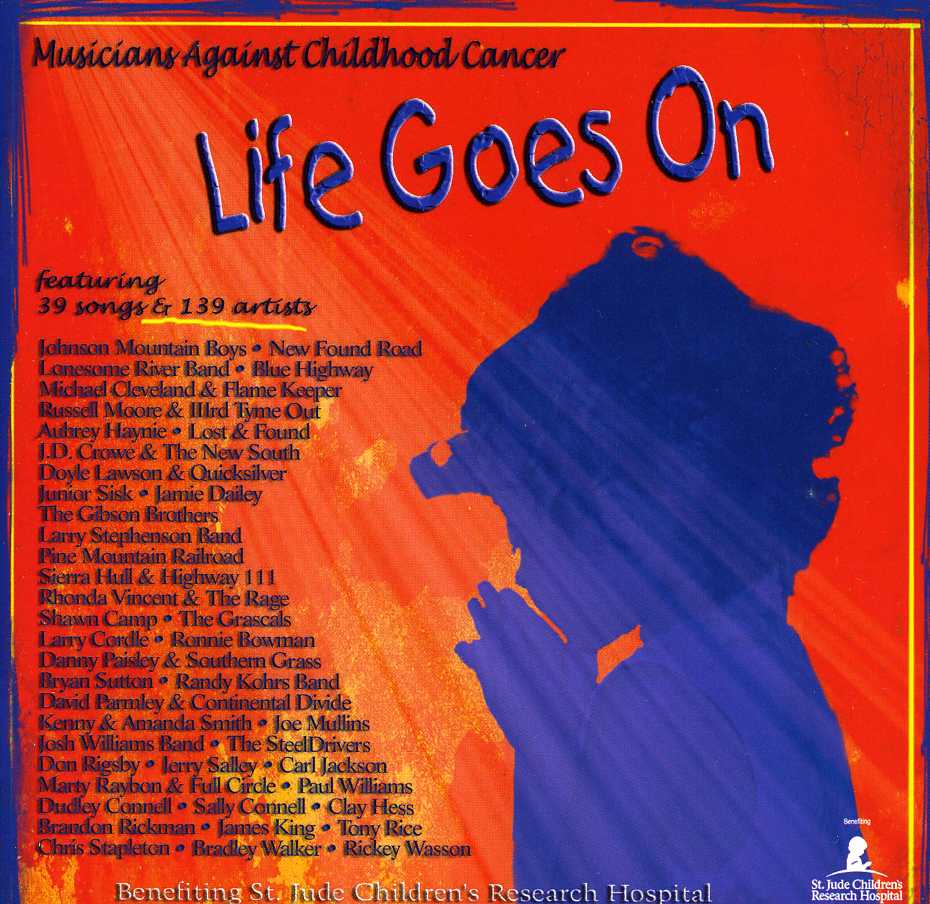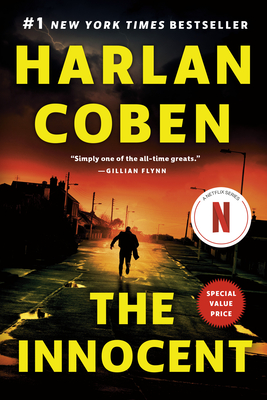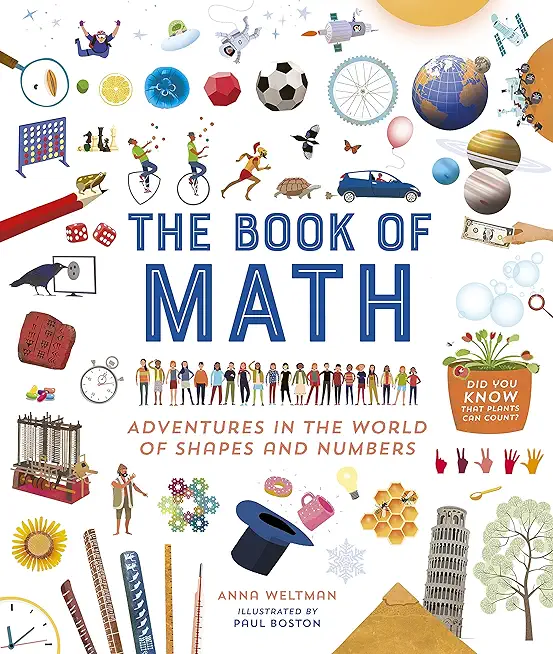
This new collection from Babo Kamel offers poems springing from myth, fairy tales, and art, and most of all from loss and longing.
This new poetry collection from Babo Kamel begins with a Chagall-inspired and infused series of nested dreams within dreams, and that sets the tone for what is to come, poems springing from myth, fairy tales, and art, and most of all from loss and longing. She opens in a mythic world, deriving new lessons from ancient stories, as when Icarus Advises His Daughter to Cast off / the fixed ideas of who you should be, and Eve overcomes her fears to leave Adam in the ruins / of us. This leads into a dark fairy tale of her own devising, And in the other version, which introduces us to the Ghost Mother who haunts this collection, trespassing in someone else's life. The third section consists of ekphrastic poems riffing on Chagall once again, and Picasso and Wyeth (both N.C. and Andrew) among others, but especially the emotionally stark canvases of Edward Hopper which leave us wanting more of anything. The concluding section is a chronicle of rupture, of what has been lost: This was our village. / We knew our names and the smell of earth / where we planted our dead. We made sure / that even the young knew what the days wanted. Instead we find ourselves in a place where There is no map for this. / The geography is too cruel. The children's tale of Red Riding Hood transforms into a transcript of sexual assault, leaving the victim Where the world will never be the same / and I will always be afraid. If some of these poems are painful to read, Kamel does not leave us without hope, instructing us to return to childhood, to your mother's house long gone in order to recover our voices, to Begin with whispers. She ends with bedtime stories, where Words begin to bloom in gardens and towns / crawl out from under rocks, ride the subways. // Children find them in lunchboxes / devour them with an appetite they didn't know they had. Kamel conducts us through many lives here, along a journey where it doesn't matter how we got here, through the process by which she unlearned my future in order to say what the days wanted: To come home.
Kamel's poems, made from myth and strands of fairytale and 'the weight of what has gone, ' are at once sweet winds through suffering and at the same time clear and solid, as if seen through a mist. I loved reading them, words gathered from memory and knowledge and a vast tenderness.--Deena Linett, author of The Men in My Life & When I Was Water
This is an extraordinary collection of poetry: Kamel enters, without flinching, the myths and tales that govern women's life patterns ñ and changes them, not by re-writing but by re-living, allowing the story to enter, then leave her, and us, changed.--E. Alex Pierce, author of Vox Humana & To float, to drown, to close up, to open
Poetry.
member goods
listens & views

LIFE GOES ON: MUSICIANS AGAINST ...
by LIFE GOES ON: MUSICIANS AGAINST CHILDHOOD / VAR
COMPACT DISCout of stock
$17.25






